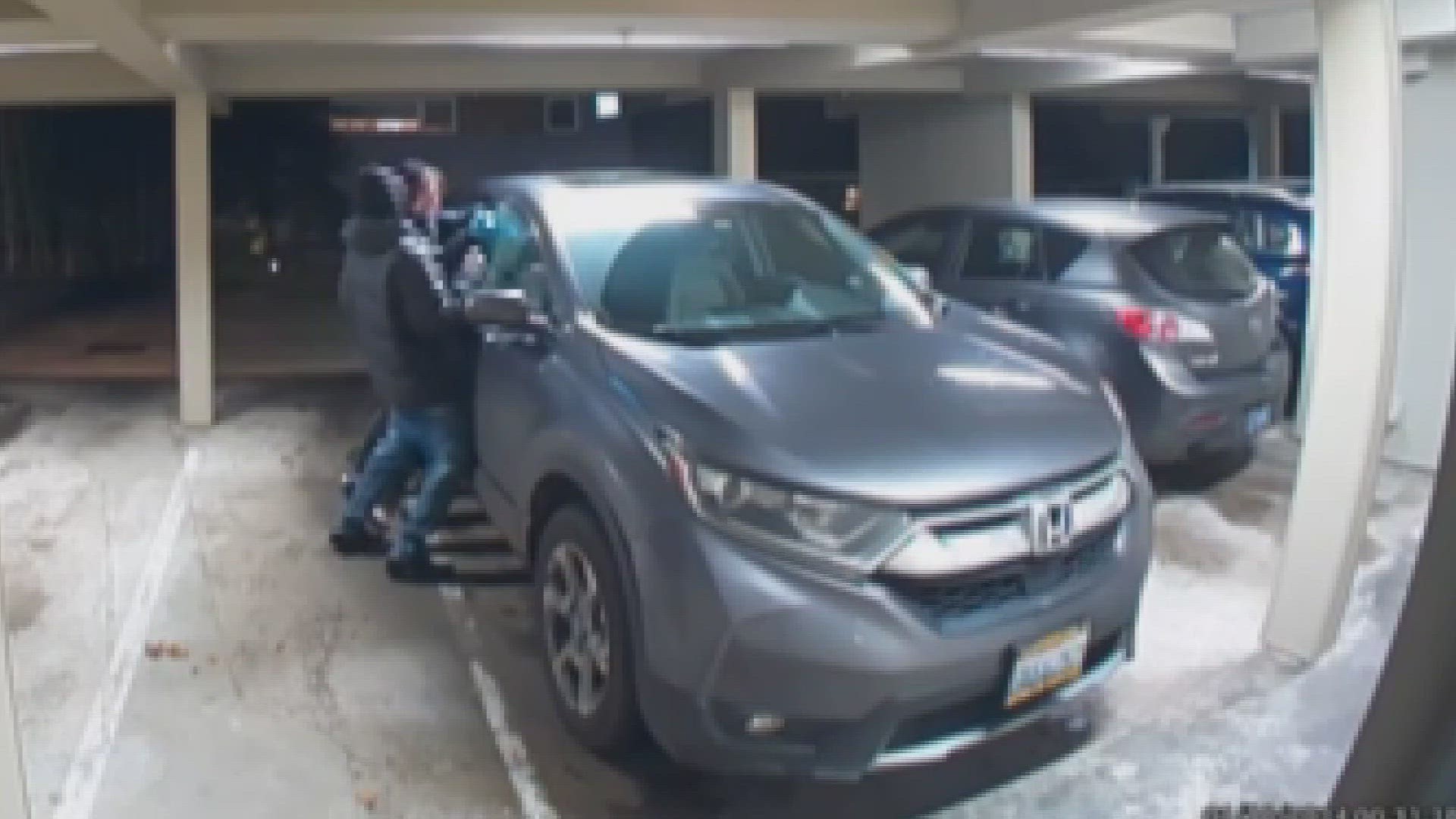SEATTLE — Despite crime reduction goals from city leaders, property crimes are still a big problem in parts of Seattle and police data from the last half of 2023 shows little improvement compared to the same time in 2022.
So, what's the best way to discourage thieves?
It's a question dividing lawmakers in Olympia right now. The debate over House Bill 1994 boils down to this: should we be sending those found guilty of gross misdemeanors to jail or to a court-ordered program? Also, should judges determine their punishment over prosecutors?
"Really this option is intended to be for folks who are struggling and cycling through the system," said the bill's sponsor, House Rep. Darya Farivar, D-46th District.
On Thursday, the House Committee on Community Safety, Justice, & Reentry debated the bill and eventually voted on whether it should pass to its next hurdle.
Six voted in favor, but three voted against the bill. Rep. Jenny Graham, R-6th District, was among those in opposition.
"If this was maybe first time or something, meh, OK. But when it's 26, 50 times, it's like, 'When is this gonna kick in, that they don't continue to leave victims in their wake?'" said Graham.
KING 5 spoke to two people who recently experienced property crime. Both said their main concern is that this doesn't happen to them again.
"It feels like there's no accountability in terms of, ya know, any repercussions," said Dianna Marks, who lives in Seattle.
By far the most common property crime in Seattle continues to be larceny theft, and SPD data shows neighborhoods like downtown, Queen Anne and Capitol Hill are seeing some of the highest numbers.
Five days ago in east Capitol Hill, at an apartment complex on Belmont Ave., two men could be seen through a Ring camera prowling for items inside a minivan.
"One of them had a gun, and they came to her car window," said a tenant of that building who preferred not to be identified.
"They use two things that looked like a crowbar," they added.
The strangers could be seen milling about the open-air carports, looking for items inside a minivan.
We're told the minivan belongs to a mother with a young baby who lives there.
"They smashed and shattered her window," that tenant said. "They didn't steal anything out of her car. They just were looking."
The only thing they did steal was the residents' sense of security.
"She was pretty panicked," said the source.
But it's not just unsecured carports that car prowlers are targeting; the crime is also happening in downtown Seattle's gated parking garages that are supposed to be secure.
"I was going out of town for a couple of weeks to visit some family during the holidays," said Marks. "I'd had my car broken into before in Seattle, so I wanted to take some more secure measures by kind of paying for a secure spot."
But she gasped at the sight of her car when she got back.
"You can see kind of on the ground, some of the glass from my back window," she said.
Her back window was completely smashed in. She took stock of everything they stole.
"Like a $200 volleyball net, I had a cooler, I had my iPhone charger," she said.
KING 5 caught up with SPD Crime Prevention Coordinator Sarah Lawson to learn more.
"I've seen reports of car windows broken for a couple quarters in a cup holder," she said. "Like, it doesn't take much to make somebody want to break into your car."
She added, "Nothing should be kept in your car. If you have to keep something in your car, we recommend in the trunk, locked away out of sight, preferably with a cover."
She said a common misconception by victims of theft and property crime is that they should not call 911.
"We want people to voice their concerns," she said. "We want people to report to 911, we want people to report via the online reporting system. And that all gets compiled together, and basically, that allows us to see where we need more officers, which precincts need more officers, where to deploy those officers within those precincts, but also what time that we should have those of those officers on duty."
She said the data that comes from police reports guides their entire decision-making process.
"A lot of departments across the country say that they're very data-driven, but SPD really walks the walk on that one. We don't do anything without the data being able to backup that it's an effective use of our resources. So that data comes from 911 calls," she said.

